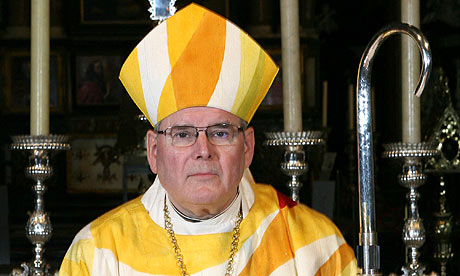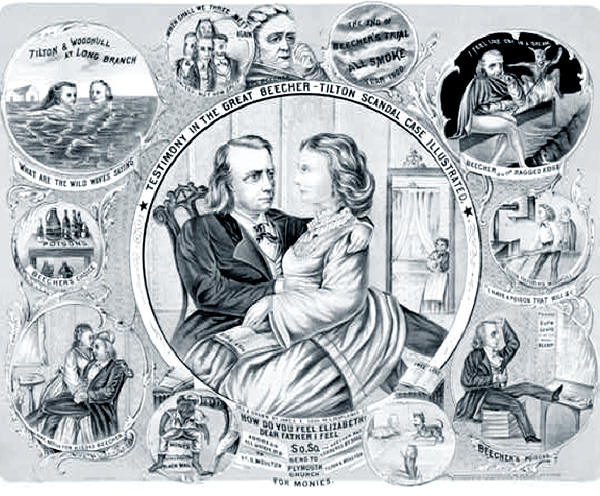
Juan Carlos Cruz, victim of the Rev. Fernando Karadima in Santiago, Chile, gave an interview about his experiences with the Church. The Vatican has recently found Karadima guilty. Cruz said
I understand that, if accusations are made, the innocence of the accused is presumed until the contrary of proven. With Karadima it should have been so until sentence was pronounced, independently of the fact that I know what is the truth of everything that happened to me. But it is also necessary to presume the truthfulness if the victims, and that the church in Santiago has not done, it treats you as a leper. I sent some e-mails to a bishop whom I considered a friend and he told someone it was not suitable that he answer me, because of his office… They are not good pastors. It seems we are a thorn in their side rather than human beings who need help.
As Cruz says, when an accusation is made (whether against a priest or anyone else) it is necessary to do two things: presume the innocence of the one accused and the good faith of the accuser, until the matter is resolved. Logically, either the accuser is wrong or the accused is guilty, but judgment about both must be suspended until a determination is made.
Cruz is very mature to realize that an accusation should not automatically transform into a condemnation, even if he as the victim knows the truth of the accusation. But what the clergy in Santiago (and many other places) did was jump to the defense of the accused and condemn the accuser.
A newspaper in Chile has obtained many of the documents in the Karadima case and promises to put them on line. Karadima seems to be a mini-Maciel: he targeted the rich, and cultivated many vocations in his group of young male friends: four bishops and fifty priests. Whether any of those knew about or participated in the sexual activity has not been established. There are also financial questions and allegations that Karadima facilitated the escape of the assassins of General Schneider, who was blocking the coup against Allende.








